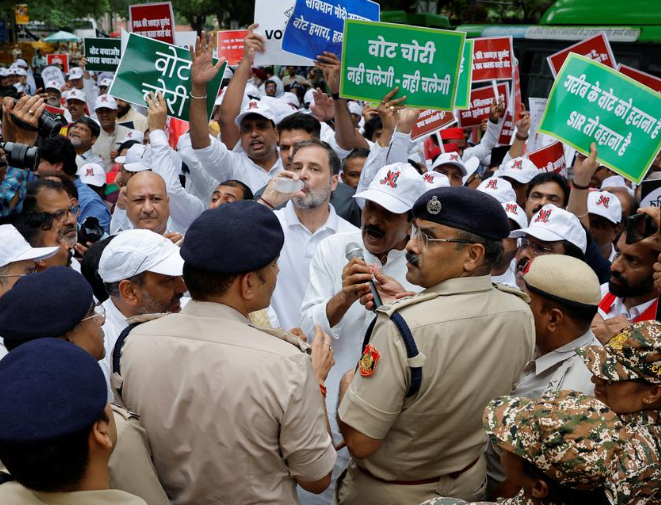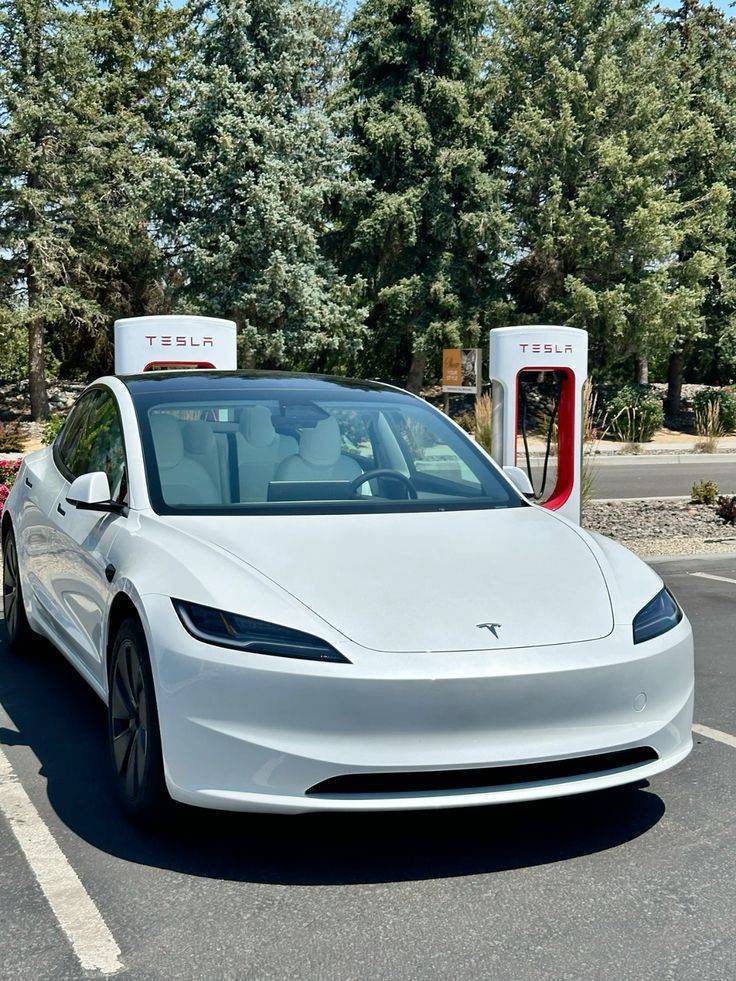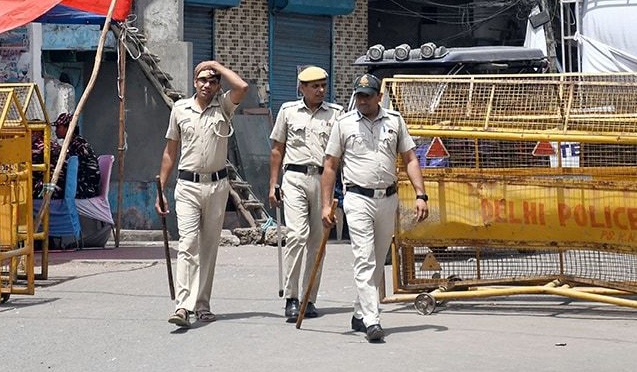The day started with a protest march by the Congress-led INDIA bloc to the office of the Election Commission, which is roughly a kilometer away from the Parliament building.

New Delhi, August 11, 2025 — In a dramatic and tense confrontation in the national capital today, Lok Sabha Leader of the Opposition Rahul Gandhi and several prominent members of the INDIA bloc were detained by Delhi Police. The action came as the Opposition attempted to march from Parliament to the Election Commission of India (ECI), protesting the Special Intensive Revision (SIR) of electoral rolls in Bihar, which they claim could disenfranchise millions.
The March That Never Reached Its Destination
Around 10:30 AM, nearly 300 INDIA bloc MPs—including Rahul Gandhi, Priyanka Gandhi Vadra, Mallikarjun Kharge, Sharad Pawar, Akhilesh Yadav, and others—assembled at Parliament’s Makar Dwar. Their destination: the ECI office at Nirvachan Sadan, about a kilometre away.
([turn0news19], [turn0search2])
Holding signs calling for a “clean and pure voters’ list,” and chanting catchphrases like “vote chori” (vote theft), the leaders marched with a goal. Their protest was aimed at what they allege is an urgent flagging of voter fraud targeting marginalized communities—especially in Bihar, ahead of the November elections.
([turn0news18], [turn0search6])
Police Move in: Barricades, Detentions, and Parliamentary Floodgates
Using barriers, Delhi Police put an end to the march close to Transport Bhavan. As frustration mounted, SP chief Akhilesh Yadav was seen leaping over the barrier—only to be restrained. Gandhi, Priyanka, and several other MPs were detained near Transport Bhavan and taken to the nearby Parliament Street Police Station.
([turn0search2], [turn0search14])
One eyewitness described chaos: MPs sitting on the road defying orders to halt, some fainting—such as Mahua Moitra and Mitali Bagh, who required first aid.
([turn0search2], [turn0search12])
The detentions included Sanjay Raut (Shiv Sena UBT), Derek O’Brien, and Sagarika Ghose (TMC), signaling a cross-party, high-stakes political protest.
([turn0news17], [turn0search1])
Protesters’ Message: A Fight for Democracy
From the police van, Rahul Gandhi called out:
“The goal of this battle is to preserve the Constitution and guarantee one person, one vote; it is not a political one.”
He and other detained MPs emphasized the need to protect democratic rights amidst what they framed as a dangerously exclusionary electoral revision process.
([turn0search6], [turn0news16])
This protest, they said, stemmed from fears that the SIR exercise in Bihar—a move that demands specific documentation like birth certificates and passports—could unduly disenfranchise vulnerable groups, especially those with limited access to such records.
([turn0news18])
Electoral Crisis: The SIR Trigger Point
The Opposition has dubbed the SIR process a “murder of democracy”—citing the short notice (cutoff as of July 25) and strict documentation requirements. They warn that tens of millions may be denied the right to vote in the region.
([turn0search7], [turn0news18])
The Election Commission, however, defends the move as routine and necessary to ensure accurate voter lists and to exclude illegal entries, such as infiltrators. They assert that no eligible voter will be left behind.
([turn0news18])
Parliamentary Fallout and Reactions Inside the House
Following the detentions, the Lok Sabha was adjourned till 4 PM, as Opposition sloganeering and protest disrupted proceedings.
([turn0search3])
Back inside Parliament, Congress MP Deepender Singh Hooda lamented that continued doubts over electoral fairness were damaging India’s global image.
([turn0search10])
BJP leaders, by contrast, accused the Opposition of staging chaos. Union MaS Pradhan claimed the protest was intentionally disruptive and that MPs were “questioning the democratic process” simply because they are losing politically.
([turn0search10])
Bigger Picture: Political Tensions and Democratic Concerns
This drama unfolds against a backdrop of intensifying politics ahead of crucial state elections. The use of ED cases, defamation suits, and other legal measures against opposition leaders like Arvind Kejriwal has already raised alarms about eroding democratic space.
([turn0search41])
With Bihar—and other states poised to vote—at stake, the SIR row has become a flashpoint over voter rights, equality, and institutional integrity.
Notes on Order and Accountability
| Detail | Information |
|---|---|
| Protesters | 300 INDIA bloc MPs, including Gandhi, Kharge, Yadav, Vadra |
| Reason for Protest | Opposition to SIR of electoral rolls in Bihar |
| Police Action | Barricade at Transport Bhavan; detentions of MPs |
| Allegations by Opposition | Voter disenfranchisement, vote theft accusations |
| Parliament Reaction | Proceedings adjourned; heated exchanges in Lok Sabha |
| EC Position | Denies disenfranchisement; calls exercise routine |
| Political Impact | Increased scrutiny of electoral processes, institutional trust |
Final Word: Democracy on the March—or in Lockdown?
Today’s detentions and discord signal more than a protest—it’s a growing fracture in India’s democratic engagement. The Opposition argues the SIR threatens rights of millions; the government says it’s administrative housekeeping. In this fray, the middle ground is willfully narrowing.
As Rahul Gandhi and fellow MPs risked arrest to uphold their perception of electoral integrity, voters across the country watched the unfolding scene. Whether this advance or clampdown signals the future of democratic engagement, the message is clear: India’s political crisis is becoming a test for its democratic fabric.
External Link: Rahul Gandhi, Opposition Leaders Detained by Police Over March to Election Commission
for more news click here


